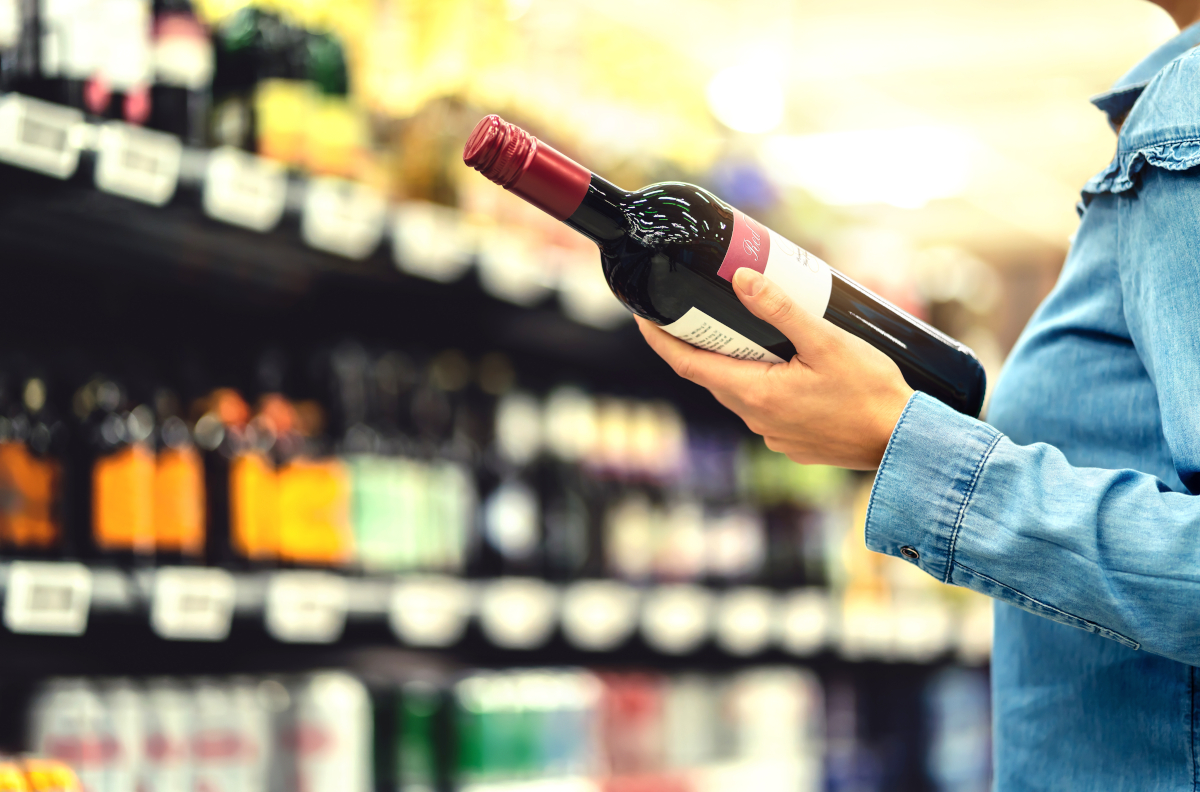The rise in at-home drinking and essential business classification have seen demand for bottle shops rise, as more people look to buy liquor retail businesses.
However, according to Mary Tamvakologos, Director of Operations at AnyBusiness.com.au, current liquor retail businesses are unlikely to sell.
“We have 17,000 business listings on our website…Bottle shops make up around two per cent of these,” she said.
“Confidence is returning quite strongly, especially for small businesses after the challenges of the last 18 months. But there are many more prospective buyers than there are sellers at present.”
Tamvakologos says her site has seen a significant uptick in enquiries over the last year, with little change in actual purchases, nor in people putting more shops on the market.
“New listings of these types of businesses haven’t kept pace – if anything, they’ve become more tightly held,” she said.
The reasons that so many people are looking to purchase bottle shops are the same reasons that so few are willing to part with them – they’re classed as essential businesses. This means they avoided many of the ill-effects of lockdowns, as consumer behaviour shifted.
“Their profitability has also increased as more people consumed beer and wine at home instead of at hospitality venues,” Tamvakologos said.
Zoran Sarabaca, a Sydney business broker, concurs with Tamvakologos’s assessment, and said: “Anything to do with liquor, or essential services more broadly – there has been considerable demand for those businesses. And that has continued post-lockdown.”
Indeed, there may be a connection between lockdowns and demand for bottle shops, looking at figures provided by Tamvakologos.
“75 per cent of enquiries came from Victoria, 20 per cent from Western Australia and then five percent from New South Wales,” she noted.
In particular, Melbourne, which has reported to be one of the world’s most locked-down cities, saw a high percentage of enquiries. Generally, the vast majority of enquiries that AnyBusiness.com.au received were coming from major metros, and not from regional areas.
Of those bottle shops actually available for sale, Tamvakologos says 73 per cent of those were in Victoria. She also notes that in certain states, such as Queensland and Western Australia, the purchase of bottle shops is likely to be driven by the sale of pubs they are attached to.
In Tamavakologos’s view, buyers are more interested in buying stores that are part of banner groups and cooperatives, and she said: “there’s a bias swaying towards this model, where owners can buy in bulk at cheaper pricing.”
At the end of the day, the explanation for both the high demand and the low supply is simple, as Tamavakologos concludes: “It’s a good business to have, as long as your modelling is right. The fact is, people are making a lot of money owning bottle shops.”

